10 Must-Know Greek Spices That’ll Spice Up Your Life (Literally)
Spice up your kitchen with a little help from Greece! Whether you're a culinary connoisseur or just someone who wants to add more flavor to their meals, Greek spices are here to rescue your taste buds. In this article, we'll walk through the top 10 must-know Greek spices that will transform your cooking and elevate your dishes from 'meh' to magnificent! Plus, we’ll throw in some handy tips on how to use them like a true Mediterranean maestro.
Table of Contents
- Introduction: The Heart of Greek Cuisine
- Top 10 Greek Spices You Can’t Live Without
- How to Use These Greek Spices Like a Pro
- Greek Spice Comparison Table
- Debunking Myths About Greek Spices
- Conclusion: Let’s Get Spicy!
Introduction: The Heart of Greek Cuisine
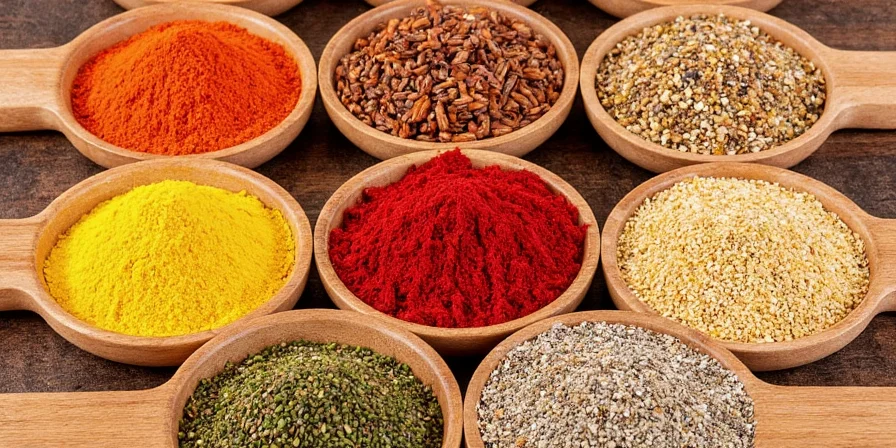
Greece is known for its vibrant food culture—olives, feta, moussaka, souvlaki… but what ties it all together? You guessed it—Greek spices. These aren’t just flavor enhancers; they’re cultural staples passed down through generations.
In ancient times, spices weren’t just about taste—they were medicine, currency, and status symbols. Today, Greek spices still hold that same reverence in kitchens across the world. From oregano-dusted grilled meats to lemon-herb roasted potatoes, these ingredients make the difference between ordinary and extraordinary.
Top 10 Greek Spices You Can’t Live Without
Here's our curated list of essential Greek spices every home chef should know—and how to use them:
1. Oregano (Rigani)
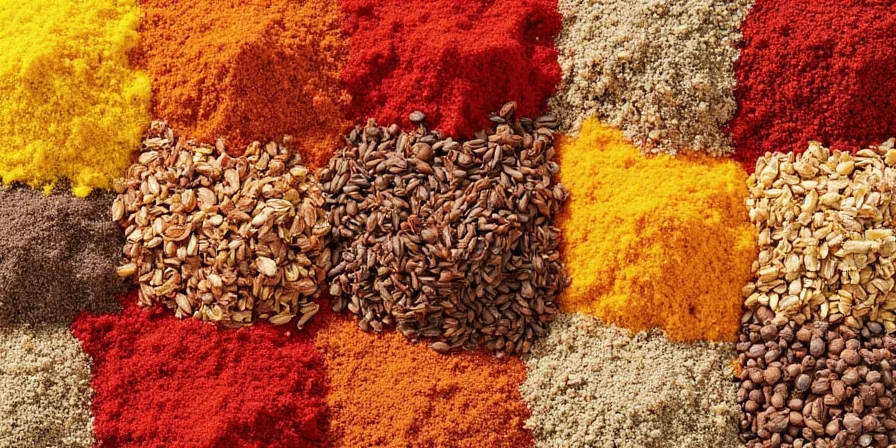
The crown jewel of Greek herbs, oregano is used in everything from souvlaki marinades to tomato sauces. Its bold, earthy flavor becomes even more pronounced when dried, making it perfect for seasoning meats, vegetables, and breads.
2. Dill (Anthrino)
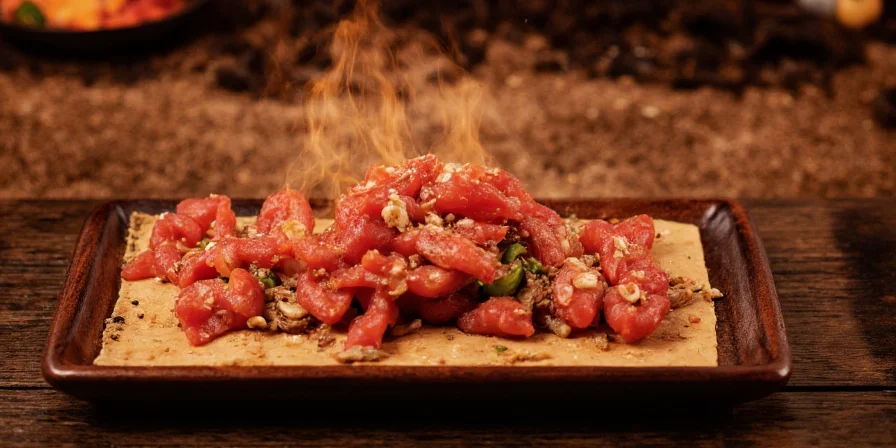
This feathery green herb is a staple in Greek salads and fish dishes. Its fresh, grassy flavor shines in tzatziki and pairs beautifully with cucumber, yogurt, and seafood.
3. Mint (Dúosmo)
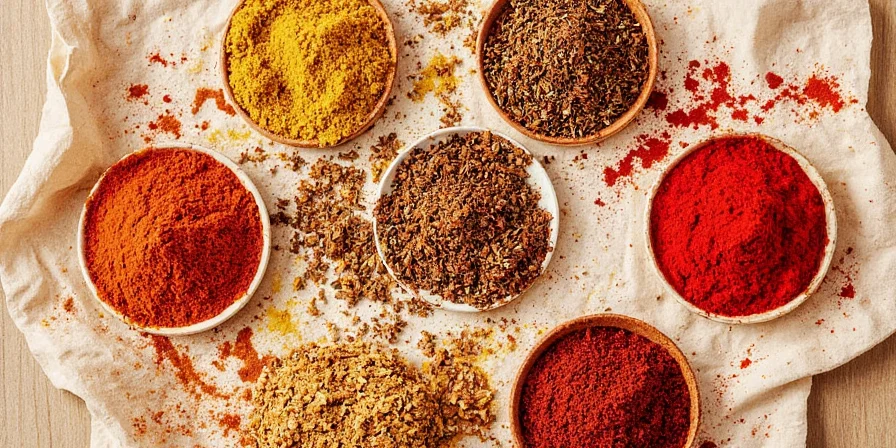
Sweet, refreshing, and slightly peppery, mint is used both in savory dishes and sweet treats. It’s commonly found in meat stews, lemon-mint drinks, and even desserts like melomakarona (honey-soaked cookies).
4. Basil (Vasiliko)
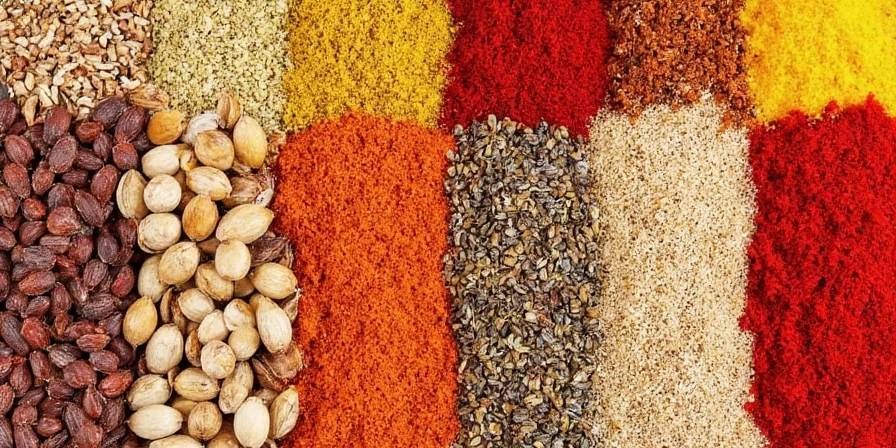
While not as dominant as in Italian cuisine, Greek basil brings a touch of brightness to tomato-based sauces and fresh summer salads. Try it in a caprese-style salad with Greek feta instead of mozzarella!
5. Bay Leaves (Dafni)
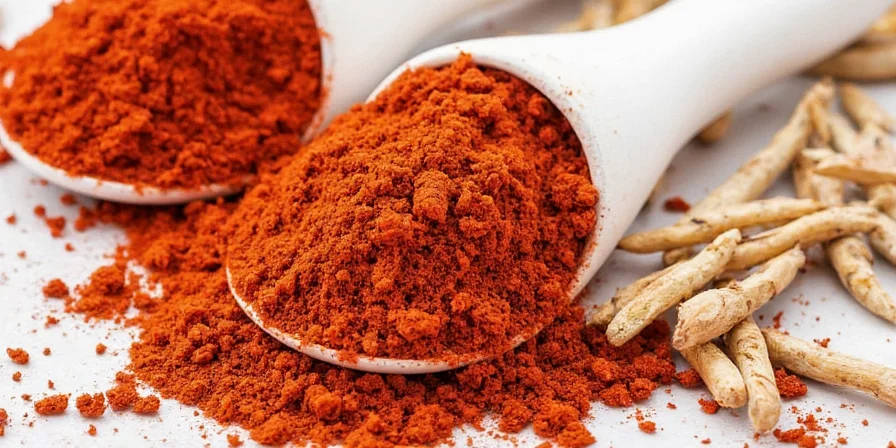
These aromatic leaves are often added to stews, legumes, and braises. They infuse dishes with a subtle, woodsy scent and are usually removed before serving.
6. Saffron (Krokos)
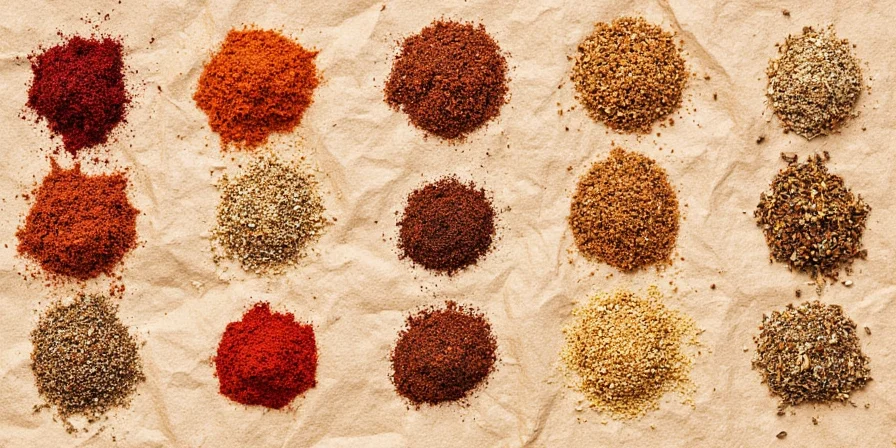
Priced like gold—but worth it. Greek saffron, especially from Kozani, is among the best in the world. A few threads can transform rice dishes, desserts, and even custards into something magical.
7. Sumac
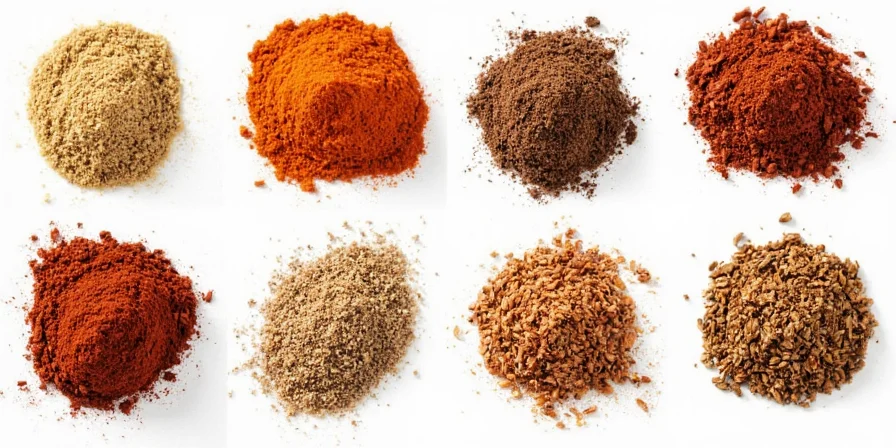
Though technically not native to Greece, sumac has become a beloved ingredient in modern Greek cooking. With its tangy, lemon-like flavor, it’s great for sprinkling over roasted veggies, grilled meats, or falafel.
8. Cumin (Kíminon)
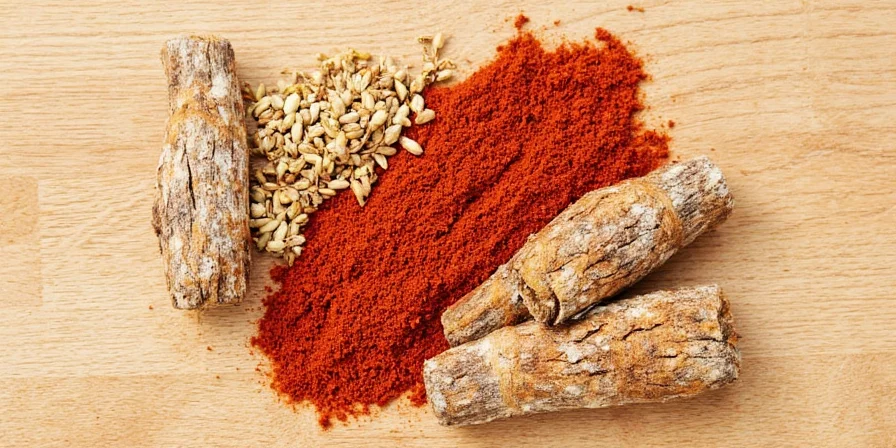
Cumin adds warmth and depth to many Greek dishes, especially those influenced by Middle Eastern flavors. It’s commonly used in lentil soups, stews, and lamb dishes.
9. Allspice (Pánespiro)
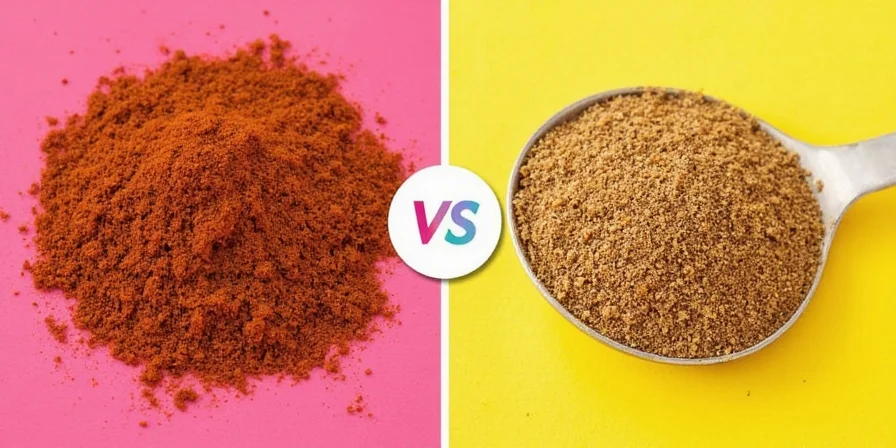
Aromatic and complex, allspice resembles a mix of cinnamon, nutmeg, and clove. Used sparingly, it enhances slow-cooked meat dishes and pastinada (Greek beef stew).
10. Thyme (Thimonari)
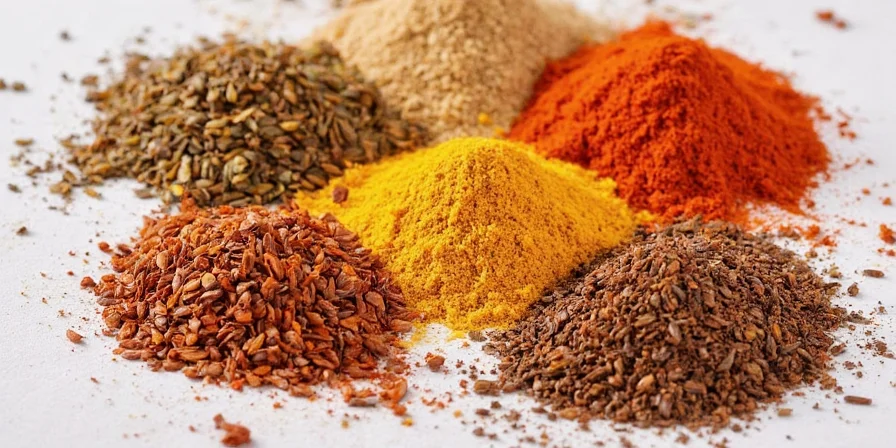
Another staple herb, thyme lends itself well to roasting vegetables, grilling meats, and simmering soups. Pair it with olive oil and lemon for an instant flavor boost.
How to Use These Greek Spices Like a Pro
You’ve got the spices, now let’s get smart about using them. Here are some pro-level tips:
- Toasting spices: Toast cumin, allspice, or coriander in a dry pan for 30 seconds to release their essential oils and intensify their aroma.
- Bundling herbs: Tie fresh thyme or dill in a bundle with kitchen twine and toss into soups or stews. Remove before serving.
- Drying at home: Hang bundles of oregano or thyme upside down in a cool, dry place. Once fully dried, store in airtight containers.
- Blending spices: Make your own Greek-inspired spice blends. Combine oregano + sumac + sea salt for a quick seasoning mix.
- Infusing oils: Add bay leaves, garlic, and rosemary to olive oil for a flavorful base for dips or dressings.
Greek Spice Comparison Table
| Spice/Herb | Main Flavor Notes | Best For | Fresh vs. Dried |
|---|---|---|---|
| Oregano | Earthy, robust | Grilled meats, tomato sauces, bread | Dried preferred |
| Dill | Grassy, fresh | Tzatziki, salads, fish | Fresh preferred |
| Mint | Sweet, peppery | Drinks, desserts, meat dishes | Both work |
| Basil | Floral, slightly spicy | Salads, tomato sauces, pesto | Fresh preferred |
| Bay Leaf | Woody, aromatic | Stews, beans, braises | Dried preferred |
| Saffron | Floral, honey-like | Rice dishes, desserts, custards | Dried only |
| Sumac | Tangy, citrusy | Veggies, meats, salads | Dried only |
| Cumin | Earthy, nutty | Legume dishes, stews, kebabs | Dried only |
| Allspice | Warm, spicy-sweet | Beef dishes, soups, pies | Dried only |
| Thyme | Woody, lemony | Roasted veggies, meats, broths | Both work |
Debunking Myths About Greek Spices
Let’s bust a few common myths about Greek spices to help you avoid rookie mistakes:
- Myth: All Greek dishes are heavily spiced. Reality: Greek cooking focuses on balance. Fresh ingredients shine alongside gentle seasoning—not overpowering spice.
- Myth: You can always substitute fresh herbs for dried. Reality: Fresh herbs have a milder flavor. If substituting, use 3x the amount of fresh compared to dried.
- Myth: More spices = more flavor. Reality: Overloading a dish can mask natural flavors. Less is often more with Greek spices.
- Myth: Saffron is too expensive to be useful. Reality: A little goes a long way. A $10 pack can last months if stored properly.
Conclusion: Let’s Get Spicy!
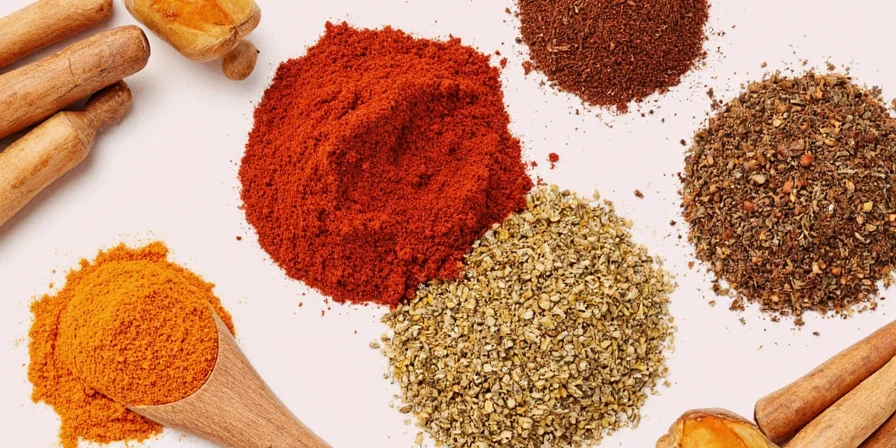
Greek spices offer more than just flavor—they bring history, culture, and soul to every dish. Whether you're roasting eggplant, grilling lamb, or whipping up a dip, these 10 spices will help you cook like a true Greek gourmet.
Now go ahead—grab your apron, sprinkle some oregano, crush a clove of garlic, and embrace the magic of Greek cuisine. After all, life’s too short for bland food!

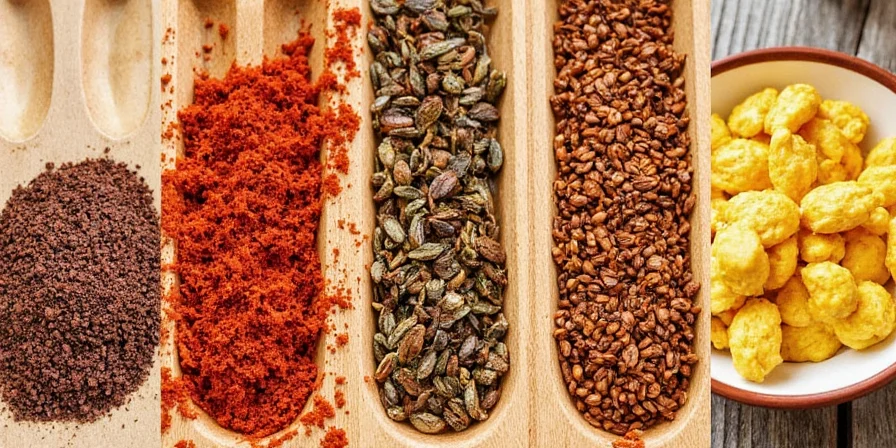









 浙公网安备
33010002000092号
浙公网安备
33010002000092号 浙B2-20120091-4
浙B2-20120091-4